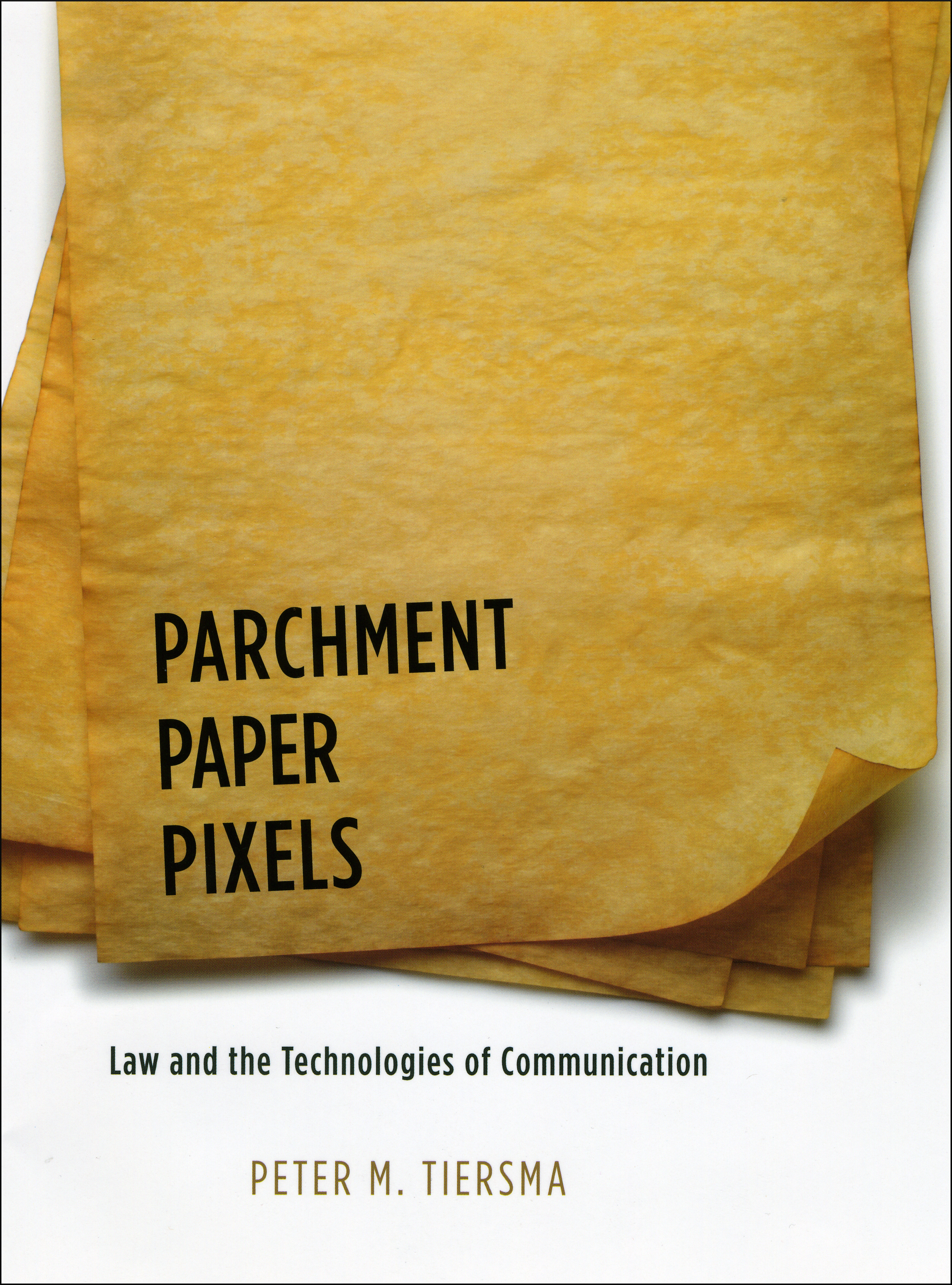This is the introductory chapter of Parchment, Paper, Pixels: Law and the Technologies of Communication. It discusses the impact that technological revolutions (in particular, writing, printing, and the Internet) have had on civilization in general and our legal system in particular. Wills, for instance, are quintessentially written text. The legal profession has developed distinct literary conventions regarding the drafting and interpretation of wills, often to the befuddlement of individual testators. If the textual practices of willmaking are often too strict, those relating to contracts may sometimes be too lax. Electronic contracting has taken off with vengeance and, while convenient, can sometimes make it too easy to "agree" to terms hidden under a computer icon. Statutes, like wills, are highly textual. The rule of law has been promoted by having them written down or, in modern times, being made widely available in printed form or on the Internet. Yet what they gained in stability they have lost in flexibility. Finally, judicial opinions or judgments, which were once considered a type of unwritten law, are rapidly becoming textualized, especially in the United States, but also to a lesser extent in England. As a result, legal reasoning may eventually be supplanted by close reading of the text, a trend likely to be exacerbated by accessing opinions online.
It therefore matters - sometimes a great deal - whether a law or legal transaction is chiseled into stone, written on parchment, printed on paper, or embedded in pixels on a computer screen.
Tuesday, October 26, 2010
Tiersma on Law and the Technologies of Communication
The Introduction to a new book, Parchment, Paper, Pixels: Law and the Technologies of Communication, has just been posted by Peter Tiersma, Loyola Law School Los Angeles. The book is just out from the University of Chicago Press, and can also be found here. Here's the abstract:
